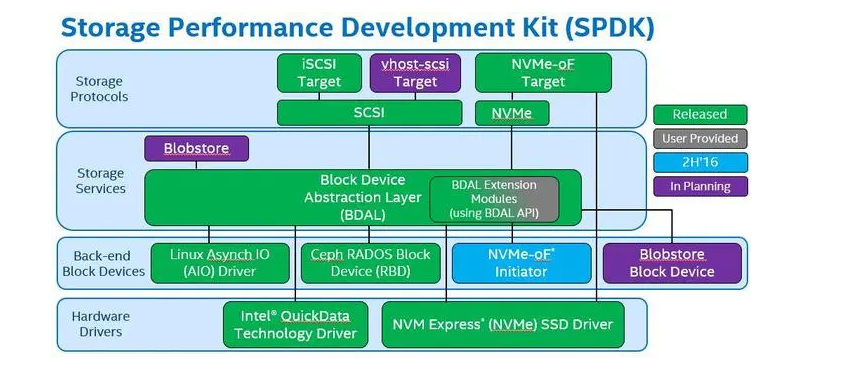在 C++ 中加载 E:\hid.dll 并读取其所有导出函数,可以通过 Windows API(LoadLibrary + GetProcAddress)或 DbgHelp 库(解析 PE 文件结构)实现。以下是两种方法的完整代码示例:
方法一:使用 Windows API(简单但功能有限)
#include <windows.h>
#include <iostream>
#include <vector>
void ListDllFunctions(const char* dllPath) {
// 1. 加载 DLL
HMODULE hDll = LoadLibraryA(dllPath);
if (!hDll) {
std::cerr << "Failed to load DLL: " << GetLastError() << std::endl;
return;
}
// 2. 获取导出表地址 (PE文件结构)
PIMAGE_DOS_HEADER pDosHeader = (PIMAGE_DOS_HEADER)hDll;
PIMAGE_NT_HEADERS pNtHeaders = (PIMAGE_NT_HEADERS)((BYTE*)hDll + pDosHeader->e_lfanew);
PIMAGE_EXPORT_DIRECTORY pExportDir = (PIMAGE_EXPORT_DIRECTORY)((BYTE*)hDll +
pNtHeaders->OptionalHeader.DataDirectory[IMAGE_DIRECTORY_ENTRY_EXPORT].VirtualAddress);
// 3. 读取函数名数组
DWORD* pFunctions = (DWORD*)((BYTE*)hDll + pExportDir->AddressOfFunctions);
DWORD* pNames = (DWORD*)((BYTE*)hDll + pExportDir->AddressOfNames);
WORD* pOrdinals = (WORD*)((BYTE*)hDll + pExportDir->AddressOfNameOrdinals);
std::cout << "Exported Functions in " << dllPath << ":\n";
for (DWORD i = 0; i < pExportDir->NumberOfNames; i++) {
const char* funcName = (const char*)((BYTE*)hDll + pNames[i]);
std::cout << " - " << funcName << "\n";
}
// 4. 释放 DLL
FreeLibrary(hDll);
}
int main() {
ListDllFunctions("E:\\hid.dll");
}
方法二:使用 DbgHelp.lib(更可靠)
需链接 Dbghelp.lib,适合复杂场景:
#include <windows.h>
#include <dbghelp.h>
#include <iostream>
#pragma comment(lib, "Dbghelp.lib")
void ListFunctionsWithDbgHelp(const char* dllPath) {
// 1. 加载 DLL
HMODULE hModule = LoadLibraryExA(dllPath, NULL,
DONT_RESOLVE_DLL_REFERENCES | LOAD_LIBRARY_AS_DATAFILE);
//2.获取导出表信息
ULONG size;
PIMAGE_EXPORT_DIRECTORY exportTable =(PIMAGE_EXPORT_DIRECTORY)ImageDirectoryEntryToData(
hModule,
TRUE,
IMAGE_DIRECTORY_ENTRY_EXPORT,
&size);
if(!exportTable){
std::cerr<<"No export table found!"<<std::endl;
return;
}
DWORD *names=(PDWORD)((LPBYTE)base+exportTable->AddressOfNames);
std::cout<<"Exported functions:"<<std::endl;
for(DWORD i=0;i<exportTable->NumberOfNames;i++){
LPCSTR name=(LPCSTR)((LPBYTE)base+names[i]);
std::cout<<name<<std::endl;
}
FreeLibrary(hModule);
}
int main(){
ListFunctionsWithDbgHelp("E:\\hid.dll");
return EXIT_SUCCESS;
}
关键点说明
- PE文件结构:通过解析 DLL的导出表(
IMAGE_EXPORT_DIRECTORY),直接读取函数名。 - 错误处理:检查
LoadLibrary/ImageDirectoryEntryToData返回值。 - 注意事项:
- x86/x64需保持一致(32位程序不能加载64位 DLL)。
- 某些 DLL可能无导出表或加壳保护。
如果需要动态调用这些函数,可进一步结合 GetProcAddress。
内容由零声教学AI助手提供,问题来源于学员提问





















